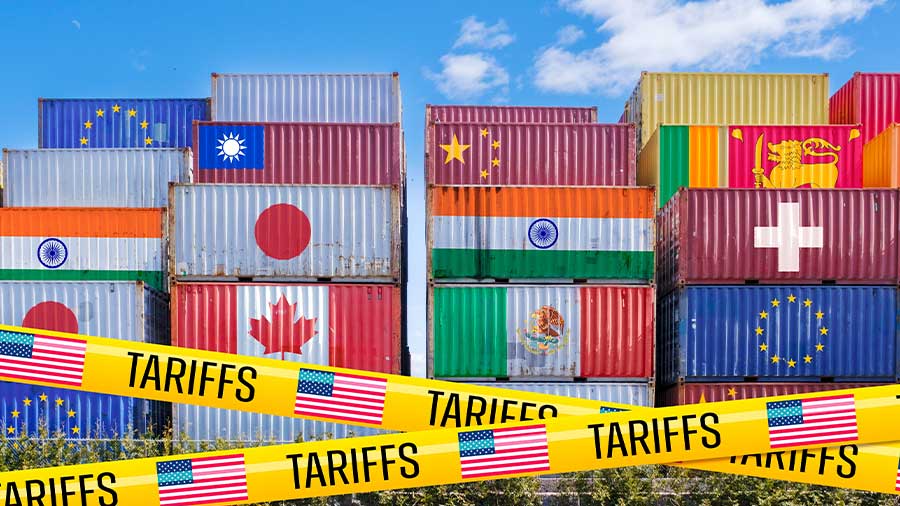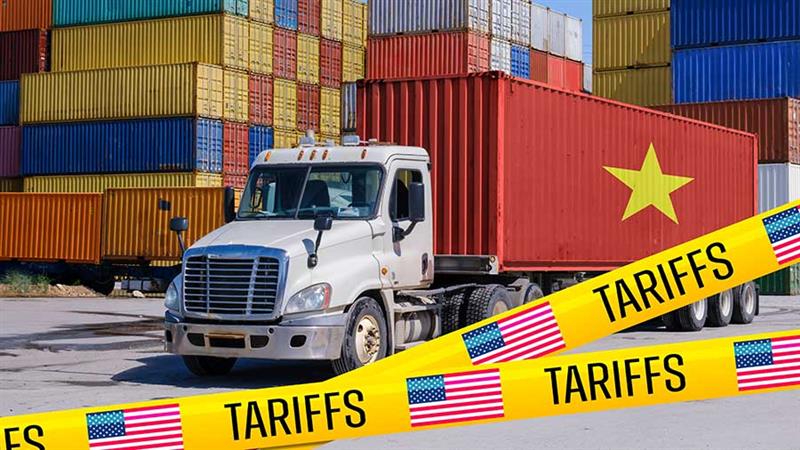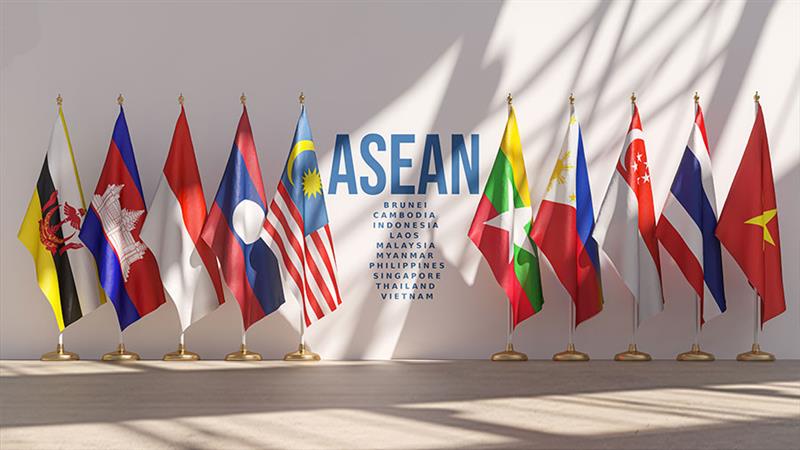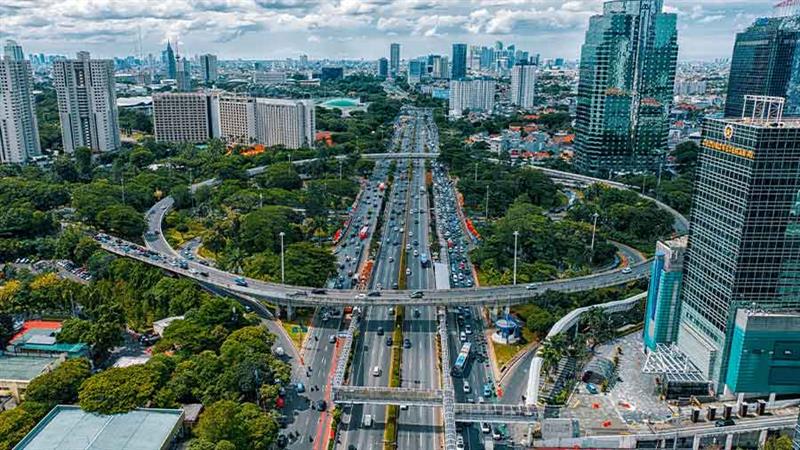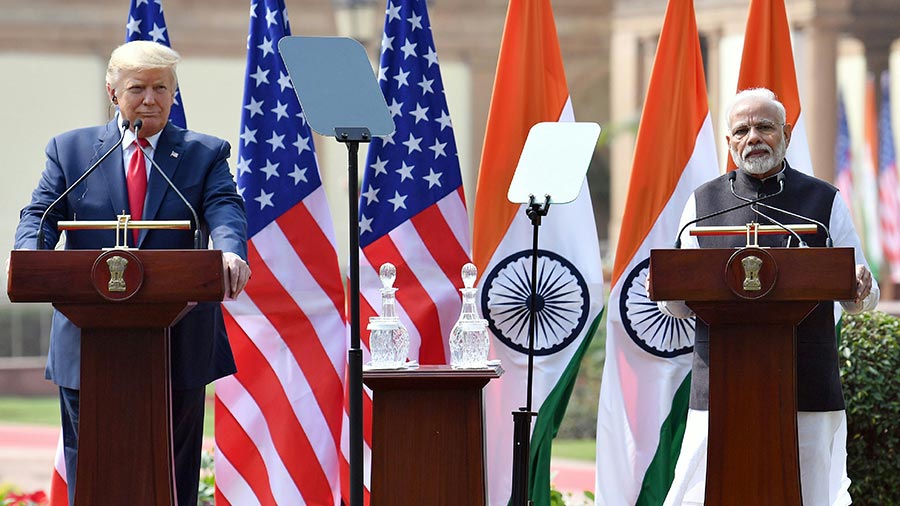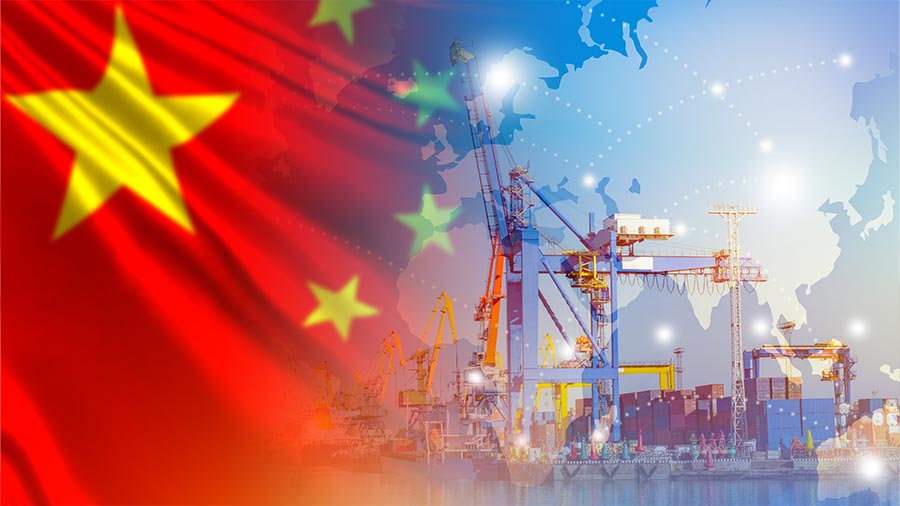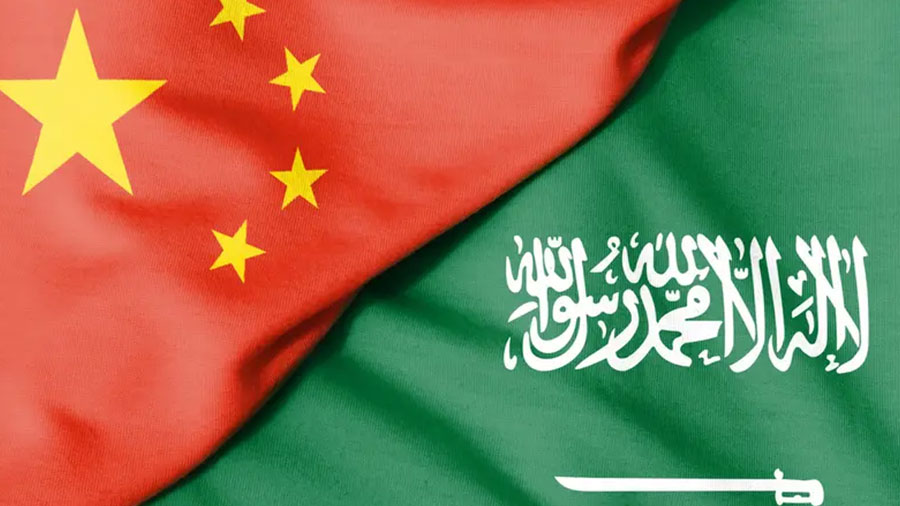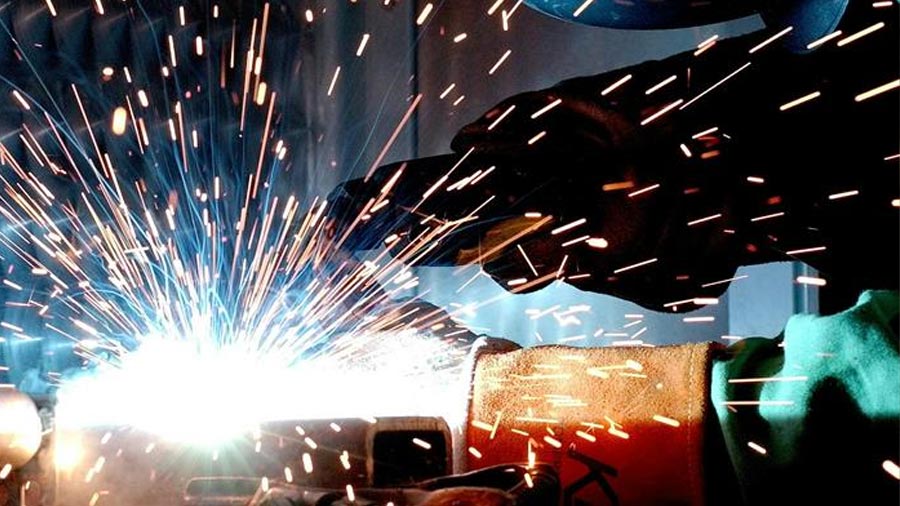-
Other Briefings
- Subscribe
US Tariffs Set to Resume August 1; India Pushes for Balanced Trade Pact
Trump has extended the pause on US tariffs until August 1, 2025, for India trade talks. We share the latest updates on the ongoing trade negotiations, BRICS tensions, and the India-US genetically modified (GM) animal feed imports debate.
Vietnam-US Trade Deal 2025: Summary, Impacts, and Strategic Responses
This article examines the implications of the Vietnam-US trade deald, the concerns expressed by the Vietnamese business community, and strategic responses to navigate the evolving trade landscape.
ASEAN Nations Mobilize Ahead of U.S. Tariff Deadline
ASEAN countries take urgent action — deals, taskforces, and diplomacy — in response to U.S. tariffs set to take effect on July 9.
Indonesia Eases Import Rules for 10 Key Commodities to Boost Trade and Investment
Indonesia removes import restrictions on 10 commodities to boost trade and attract investors ahead of major tariff deadlines.
Trump's 90 Day Clock Is Up: Will GCC Become a Safe Bet for Global Investors?
As Trump's 90 day tariff pause ends, the Gulf Cooperation Council (GCC) nations are emerging as stable, tech-forward investment hubs.
China's January-April 2025 FDI Data: Trends, Sectoral and Regional Analysis
We analyze China’s foreign direct investment (FDI) performance in January–April 2025, with underlying trends and sectoral highlights.
US Appeals Court Reinstates Trump Tariffs: Key Updates for India
On April 2, 2025, the Trump administration imposed a 26 percent reciprocal tariff on India. As of May 30, 2025, India continues to reevaluate its trade strategy with the US amid legal uncertainty and pressure in ongoing talks.
How 2025 Tariffs Are Changing China’s Export Landscape
Facing rapid US tariffs hikes in 2025, China's export saw front-loaded shipments in March, leading to a surge ahead of steadier April volumes.
Vietnam’s Wood Industry in 2025: Navigating Challenges and Seizing New Opportunities
Vietnam’s wood industry is a cornerstone of its export economy, consistently ranking among the top five contributors to national export earnings.
Thailand’s Stimulus Response to Looming U.S. Tariffs
Thailand rolls out a stimulus package to cushion its economy against looming U.S. tariffs, aiming to boost resilience and domestic stability.
Saudi Arabia and China Sign US$3.7 Billion in Agricultural and Trade Deals
Saudi Arabia and China formalize 57 agreements worth US$3.7 billion, focusing on agriculture, water, and food security. Explore market opportunities and bilateral synergies.
India's Manufacturing Sector Poised for Growth Amid Global Trade Shifts: Report
According to a market intelligence report released by S&P Global on May 19, 2025, India’s manufacturing sector is gaining momentum, positioning it as an attractive hub for foreign investors.

DEZAN SHIRA & ASSOCIATES
Meet the firm behind our content. Visit their website to see how their services can help your business succeed.
About Us Find an AdvisorWant the Latest Sent to Your Inbox?
Subscribing grants you this, plus free access to our articles and magazines.
SUBSCRIBEGet free access to our subscriptions and publications
Subscribe to receive weekly India Briefing news updates, our latest doing business publications, and access to our Asia archives.
Sign Up Now


